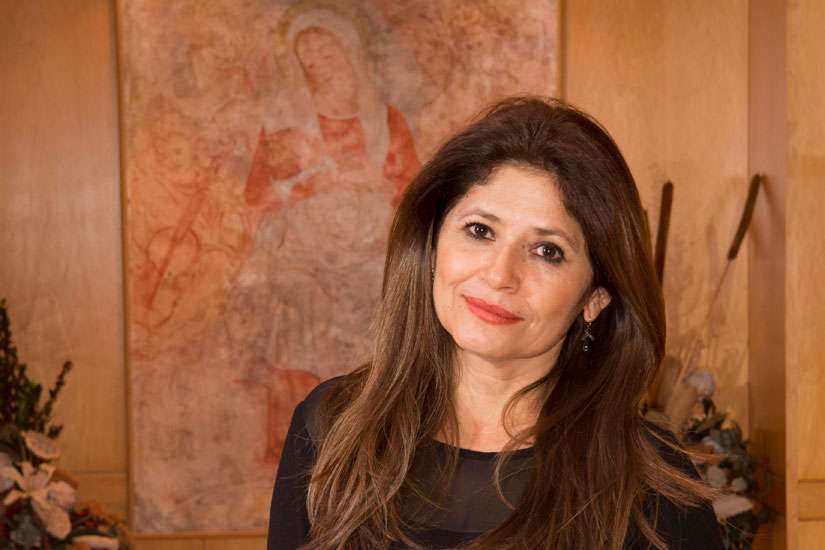The case should be a wake-up call to Canadians, said El Salvador’s deputy attorney for the environment.
“It’s important for Canadians to realize that we face the same problems, the same risks with the way these companies proceed and the protections these companies enjoy under free trade agreements,” Yanira Cortez said.
Canada and El Salvador have been engaged in free trade talks for most of the last decade. Like other free trade agreements, it is expected to include investor protections that allow companies to sue national governments.
In a closed court in Washington, D.C., El Salvador has found itself defending its decision to place a moratorium on all hard rock mining in a dry, environmentally fragile country where 98 per cent of its waterways are already polluted. Pac Rim Caymen, a shell subsidiary of OceanaGold, claims it is owed $301 million that it would have earned if El Salvador had issued it an environmental permit and mining concession it believes would have followed.
OceanaGold is the new Australian owner of the former Canadian company Pacific Rim Mining, original parent to Pac Rim Caymen.
“That ($301 million) is the equivalent of the budget for three years of health, education and public security combined,” said Cortez. “We have the right to decide on our natural resources.”
Cortez has the backing of El Salvador’s Catholic bishops who have come out strongly against metal mining in the country.
“This type of mining development is very bad for the country. This is not development,” Bishop Alvaro Ramazzini said in 2011. “Ninety-nine per cent of the people will see no benefits whatsoever. The only people who profit from this are the transnational companies.”
Cortez’ trip to Canada was arranged by KAIROS, the social justice coalition of Canadian churches backed by the Canadian bishops and religious orders.
OceanaGold, listed on the Toronto Stock Exchange, claims the policy was an “arbitrary de facto ban on mining by President (Antonio) Saca — all via statements in the media.” The company launched its suit at the International Centre for Settlement of Investment Disputes, an arm of the World Bank, in 2009, claiming it had fulfilled the legal requirements for a mining concession and then suddenly had the rug pulled out from under it by a policy that wasn’t even part of the law.
The mining giant — with sales of $129.3 million in the first three months of 2015 and quarterly profits of $24.5 million — bases its claim on how much gold engineers estimate is under the ground at what would have been the El Dorado mine.
“The exploration licence for the El Dorado Project, which was issued by the El Salvador government under that country’s mining law, and which was supported by Pacific Rim’s discovery of valuable gold reserves, created a legal duty for the government to process the mining exploitation concession application,” OceanaGold spokesperson Andrea Atell wrote to The Catholic Register in an e-mail from Australia.
It’s true that El Salvador never issued an environmental permit after announcing its moratorium on all further mining development in May of 2007, but Pacific Rim couldn’t have been issued a mining concession even if it did qualify for the permit, said Luis Parada, El Salvador’s lead lawyer in Washington. The environmental permit was only one of three requirements for a mining concession. Pacific Rim didn’t own the land it wanted to mine and hadn’t completed a feasibility study, said Parada. Even its application for the permit was incomplete.
“Pacific Rim did not come even close to showing it had complied with the other requirements to get the concession,” said Parada.
The case was tried in Washington by a panel of three international arbitrators under El Salvador’s own mining and investment laws.
“Pacific Rim showed up to try to tell the Salvadorans what Salvadoran law was, or what they want it to be, without even bringing a single Salvadoran lawyer, without bringing a single Salvadoran expert. It is very arrogant,” said Parada.
The battle between company and country went beyond the court. Pacific Rim Mining, before it was acquired by OceanaGold, lobbied U.S. congress to block aid money to the country.


